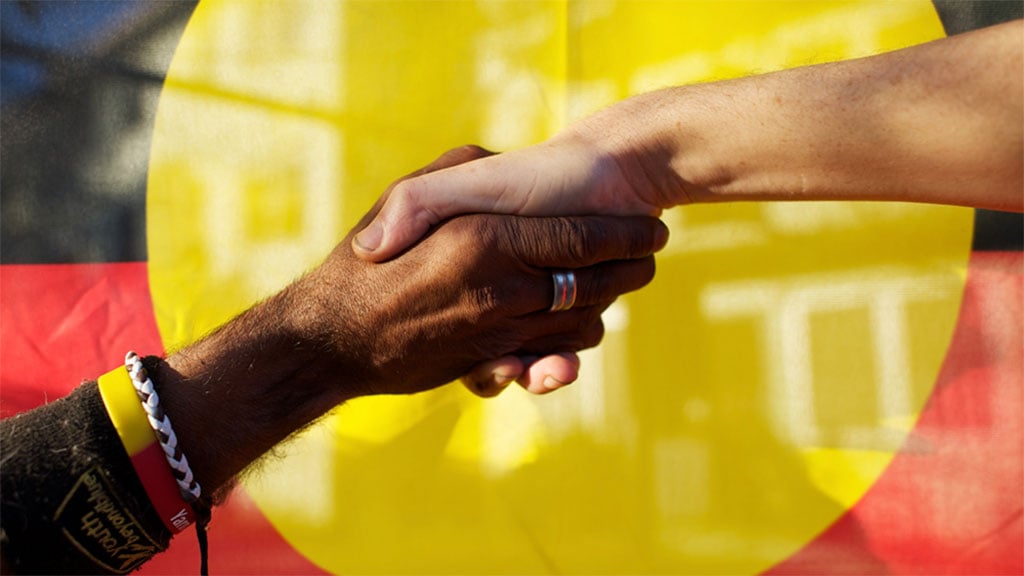
This week marks Reconciliation Week, the week where we are encouraged to reflect on the histories and cultures of Indigenous people in this country. The week runs each year from 27 May (anniversary of the successful 1967 referendum where Aboriginal people were counted as full Australian citizens for the first time) to 3 June (anniversary of 1992 Mabo case in the High Court that declared native title existed for all Indigenous peoples prior to 1788).
This year is the first time Reconciliation Week has been celebrated since the resounding defeat of the Voice referendum last October that would have created an Indigenous Voice to Parliament enshrined in the Constitution. Hence the mood this year is rather subdued with many Indigenous communities feeling deeply hurt and disappointed.
Reconciliation is a theme that appears in several of Paul’s letters as one of the ways of understanding the cross. In Paul’s thinking, two estranged parties – God and humanity – have been reconciled through Jesus’ death on the cross with enmity and separation now replaced by friendship and restored relationship. Paul sees the church playing a key role in sharing this hopeful message with the world.
So where to now for reconciliation in Australia? Who or what is going to bridge the gap between Indigenous and non-Indigenous Australians? Unfortunately the failed referendum has put a huge dent in the hopes and aspirations for reconciliation. Some Indigenous leaders see a focus on truth-telling as the way forward now. This too is a controversial journey to undertake as many non-Indigenous people remain apathetic or sceptical to hearing more about the dark histories of colonial settlement and present day injustices. May God give us ears and hearts to listen because it is only truth that will set us free.
